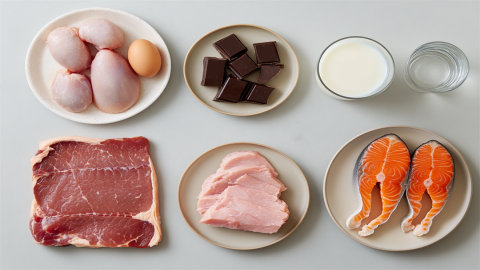How to conservatively treat gallbladder polyps
Conservative management of gallbladder polyps generally includes adopting a low-fat diet, maintaining regular作息 (daily routines), weight control and exercise, regular ultrasound follow-ups, and symptomatic relief for discomfort. Specific measures are as follows:

1. Adjust to a low-fat diet: Reduce intake of high-fat foods such as organ meats and fried foods to avoid excessive gallbladder contraction. Increase consumption of vegetables, low-fructose fruits, and whole grains to promote regular bile excretion and reduce the risk of polyp growth.
2. Maintain regular作息 (daily routines): Avoid staying up late to keep metabolism stable and minimize hormonal imbalances affecting the gallbladder. Eat meals at regular times to prevent prolonged fasting or overeating, which may lead to bile stasis and irritation of polyps.
3. Weight management and exercise: Engage in moderate physical activities such as brisk walking or jogging to maintain a healthy weight, prevent lipid abnormalities caused by obesity, and reduce cholesterol deposition. Exercise also promotes intestinal motility and supports healthy bile excretion.
4. Regular ultrasound monitoring: Undergo gallbladder ultrasound every 6–12 months to monitor polyp size, number, and morphology. If no changes are detected, continue conservative management; adjust treatment promptly if any changes occur.
5. Symptomatic relief: If dull pain in the upper right abdomen or bloating occurs, use antispasmodic or digestive aid medications under medical supervision—avoid self-medicating. Also, manage emotional stress to prevent anxiety from worsening symptoms.
During conservative treatment, patients should adhere to dietary and lifestyle recommendations and not skip follow-up exams. Seek immediate medical attention if symptoms such as worsening abdominal pain, jaundice, or fever develop.








